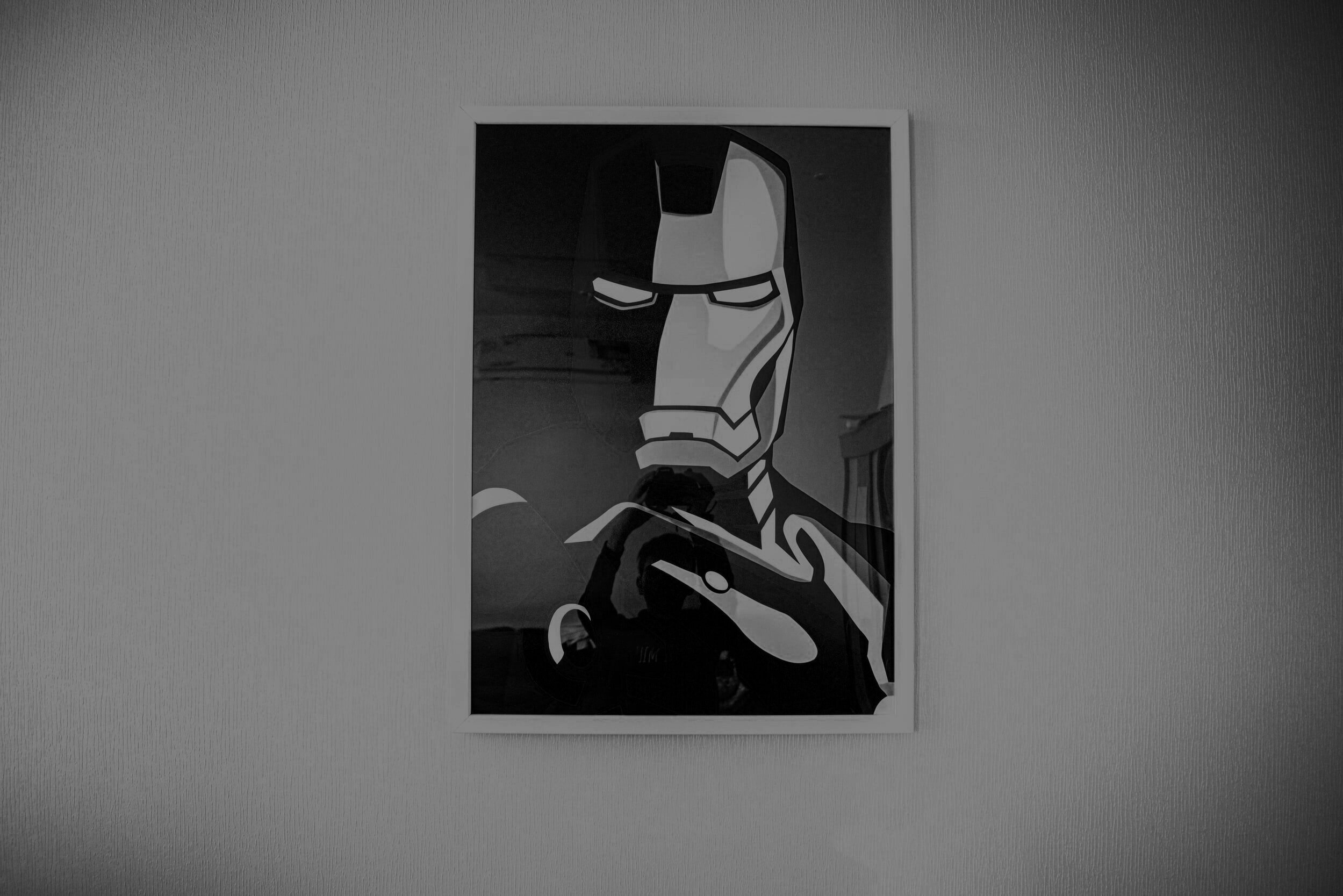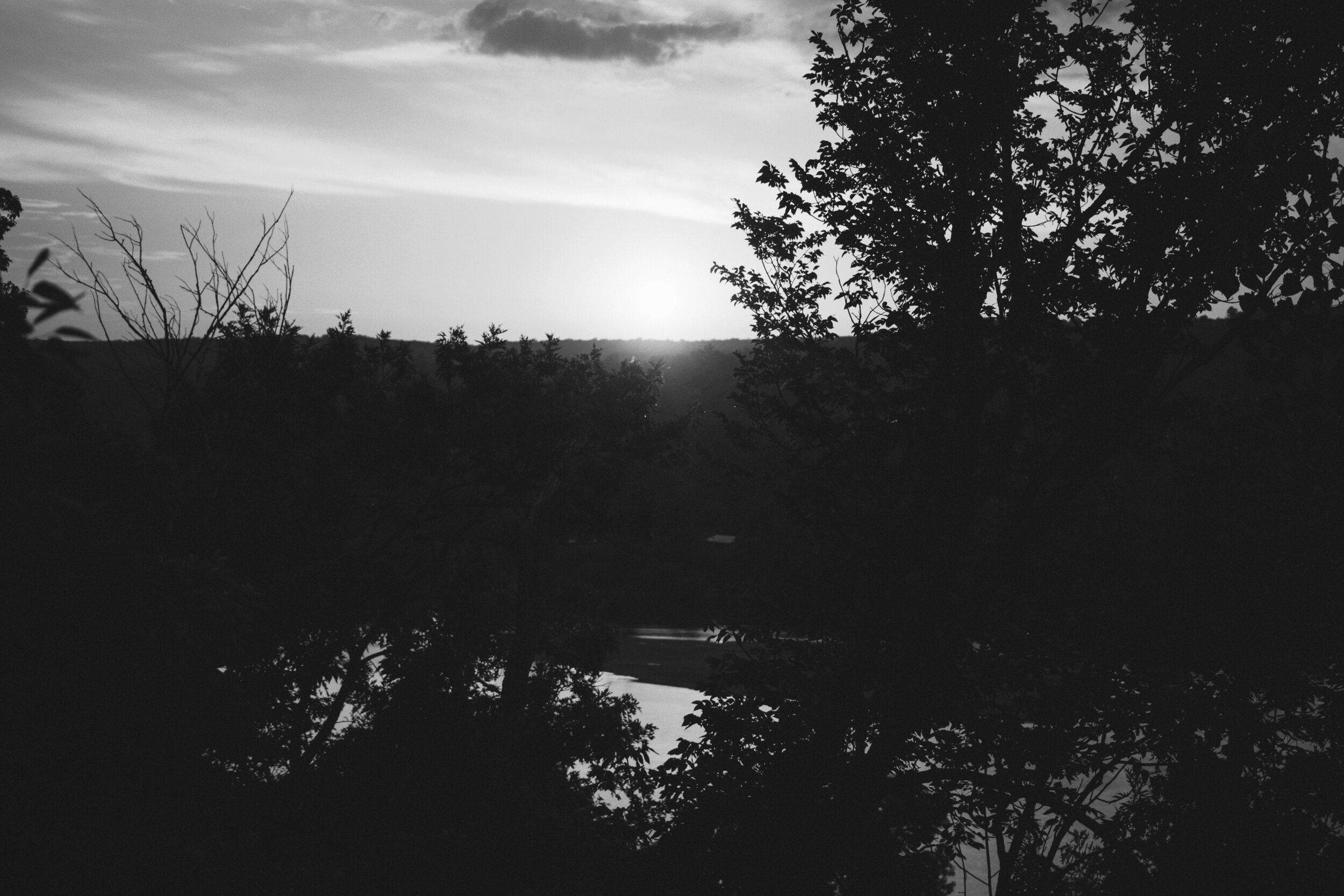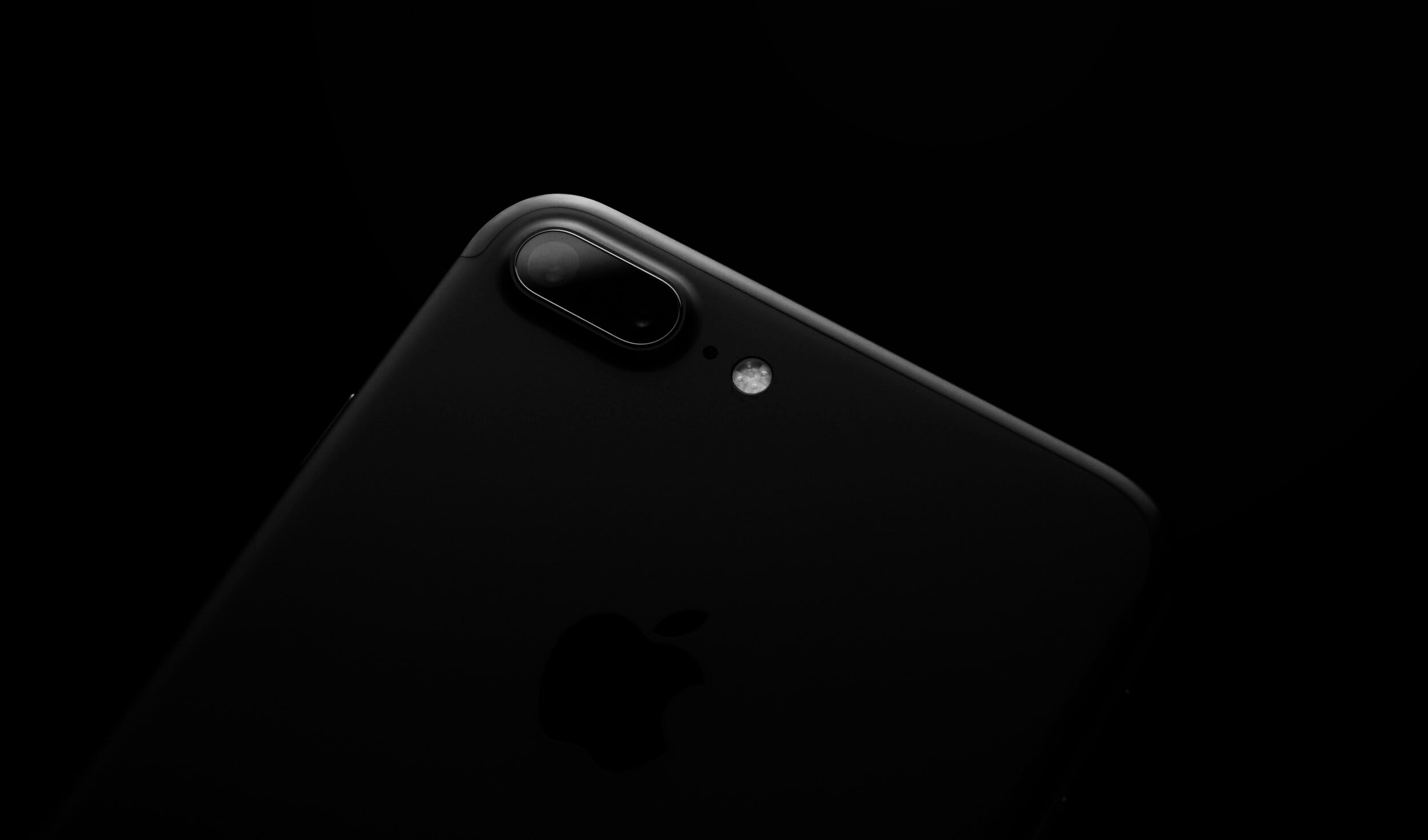There is a story found in the Bible’s Gospel of John about a lame man, a man who had been paralyzed from the waist down for 38 years.
In the story, the man is found laying beside a pagan healing pool, waiting to be put into the water to be healed of his ailments, but he has no one to put him in the water and no one to show him compassion.
After his 38 years of pain, Jesus, the Christ, shows up at the pool and sees the man. After the Christ sees the man, Jesus asks him whether or not he wants to be healed, a strange question, and one that could even sound insulting to the man, as if he had not been trying his hardest to be healed for nearly four decades.
The man tells Jesus he has no one to put him into the water to be healed, and that’s when Jesus tells him to pick up the bed he had been laying on and walk. Jesus heals him.
But Jesus does not heal the rest of the“crowds of sick people - blind, lame or paralyzed.”
He leaves the healing pool and disappears into a crowd, leaving the healed man behind in awe, wonder and joy.
But what about all the others? Why not heal them, too?
This story raises questions for me, as I’m sure it does for you too, especially if you do not practice the Christian faith. It raises questions not only of what and why, but also of how. Questions that no one specifically knows the answers to.
It’s not an answer, but an observation. Jesus saw a lame man and healed him that day, but Jesus also saw everyone else, too. He saw their pain, smelt their neglect and felt the hard ground they had to lay on. And as one who hopes in Jesus as God in Flesh, I am reminded that God sees all of us. And while He may not heal all of us the moment He sees us in our pain, He has His timing in this lifetime and the next, whether it’s 38 years or beyond.
-Cliff
Cliff’s Note: What is time to a God outside of it? But what is pain to a God who has felt it?




















